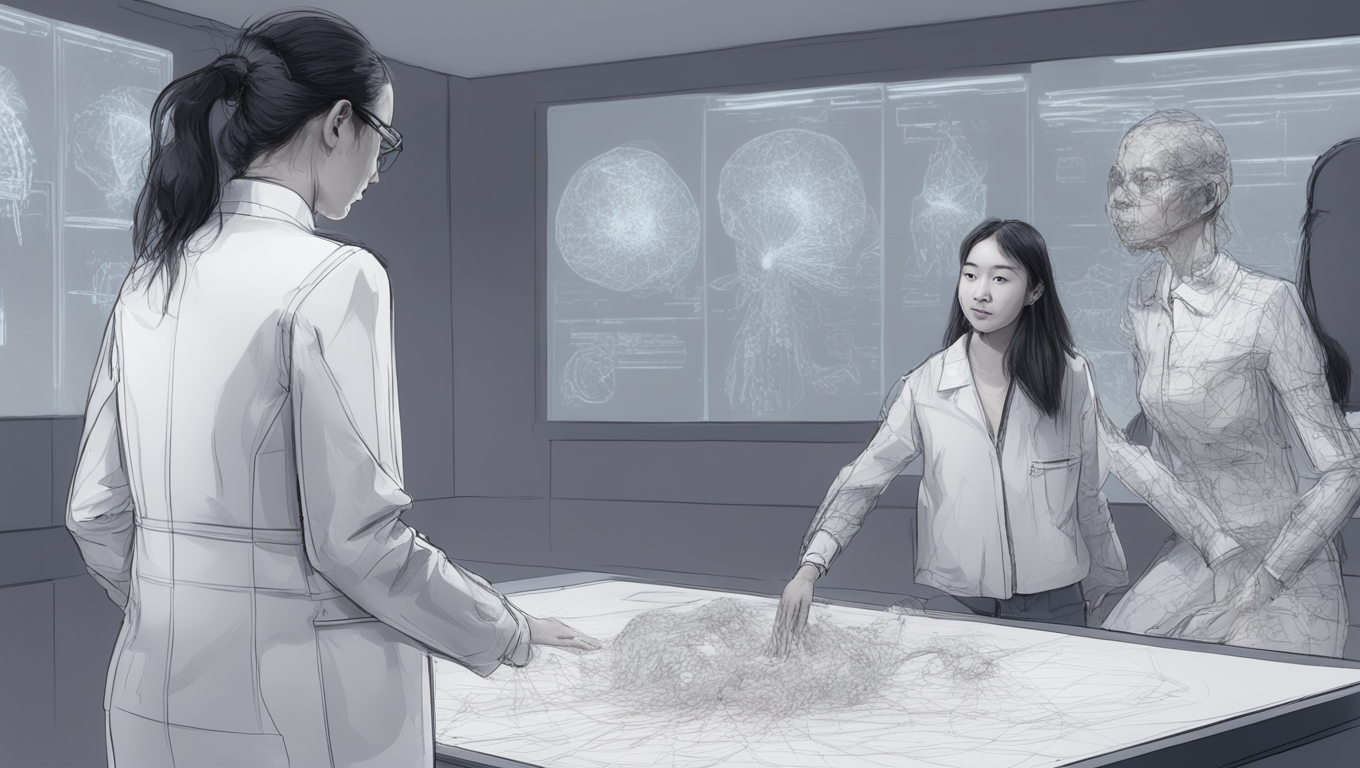Computer scientist Fei-Fei Li, known as the “godmother of AI,” is making significant strides in advancing artificial intelligence (AI) reasoning with spatial intelligence. Li, a pioneer in the field, has raised funds for her startup in a recent seed funding round, with investors including Andreessen Horowitz and Radical Ventures. While details about the startup remain scarce, Li gave a talk at the TED conference last month where she mentioned the cutting-edge research involving algorithms that can extrapolate images and text in three-dimensional environments using spatial intelligence.
Li emphasized the power of spatial intelligence by discussing the incredible ability of the human brain to assess the geometry and relationships in a three-dimensional scene within a split second. She showed an image of a cat pushing a glass toward the edge of a table, explaining how the human brain can predict what would happen and take action to prevent it. She believes that by teaching computers how to act in the three-dimensional world, we can unleash the full potential of AI.
Li gained recognition in the AI field for developing ImageNet, a large-scale image dataset that revolutionized computer vision technologies by enabling reliable object identification. She currently co-directs Stanford’s Human-Centered AI Institute, focusing on developing AI technology to improve the human condition. Previously, Li led AI at Google Cloud and served on Twitter’s board of directors. She has also advised policymakers, including at the White House.
Li has expressed concerns about the funding gap in AI research between the private sector and academics/government labs. She has called for a “moonshot mentality” from the U.S. government to invest in scientific applications and research into the risks of AI. Her involvement in the startup world reflects a growing trend among AI companies to teach algorithms common sense to overcome the limitations of current technologies, such as large language models that sometimes produce nonsensical responses.
The ability to reason is seen as a crucial milestone on the path to artificial general intelligence (AGI), where AI systems can perform most tasks as well as or better than humans. Some researchers aim to improve reasoning by building larger and more sophisticated models, while others focus on developing “world models” that can assimilate visual information from the environment to develop logic, similar to how infants learn.
Li’s efforts in advancing AI reasoning with spatial intelligence are a significant contribution to the field. As AI continues to evolve, this research holds the potential to unlock new capabilities and lead to groundbreaking applications across various industries. With her expertise, vision, and passion for AI, Li is poised to make a lasting impact on the future of technology and society.





Use the share button below if you liked it.